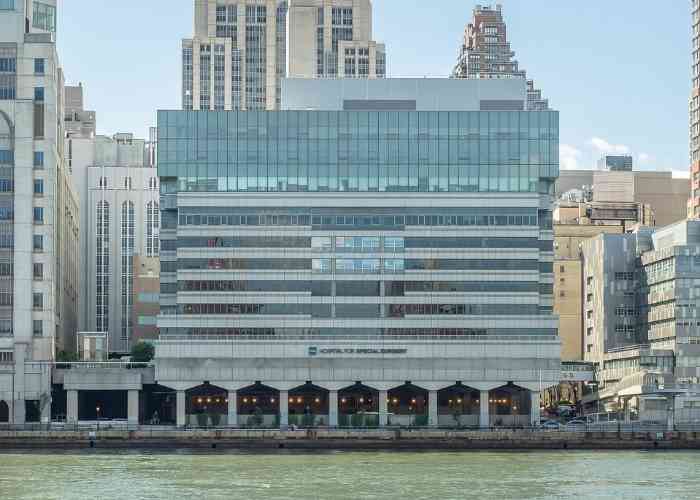What is shoulder impingement?
Shoulder impingement is one of the more common causes of generalized shoulder pain. Also known as impingement syndrome or swimmer’s shoulder, this condition is caused by the rubbing of the rotator cuff tendons against the acromion (the highest portion of the shoulder blade). The process causes inflammation, and the tendons can thicken. Fluid-filled sacs, called bursae, within the subacromial space also become inflamed. The combination results in limited space available for tendon movement. The decreased space causes a pinching of the tendon and bursae between the bones of the shoulder. Dr. Answorth A. Allen, orthopedic shoulder specialist serving patients in Manhattan, New York City, Westchester, Long Island and surrounding areas, has the knowledge and understanding, as well as substantial experience in treating patients who have experienced shoulder impingement.

What causes shoulder impingement?
Shoulder impingement is typically the result of repetitive overhead actions or chronic shoulder use. Inflammation of the bursae (bursitis) is commonly seen with shoulder impingement. The thickening of the tendons from continuous irritation can generate mechanical symptoms such as pinching, rubbing, and grinding. Young athletes who perform repetitive overhead actions in sports like tennis, volleyball, and swimming are most at risk of developing shoulder impingement.
What are the symptoms of shoulder impingement?
The most common symptom of shoulder impingement is a constant, dull pain located near the clavicle (collarbone). Other symptoms include:
- Sharp pain when reaching overhead or behind the back
- Shoulder weakness
- Pain that radiates from the affected shoulder into the upper arm
- Worsening pain at night, especially while sleeping on the affected side
How is shoulder impingement diagnosed?
Dr. Allen will obtain a comprehensive medical history and physical examination to properly diagnose shoulder impingement. Diagnostic testing, such as x-rays and magnetic resonance imaging (MRI), may be requested to identify damage to any other structures within the shoulder.
What is the treatment for shoulder impingement?
Prompt medical attention is recommended if shoulder impingement is suspected. Because the tissue will continue to thicken with repeated shoulder use, the shoulder pain can worsen with the possibility of further damage to the rotator cuff. If treated early, patients can minimize swelling and continued discomfort.
Non-surgical treatment:
Patients diagnosed with shoulder impingement are generally able to heal with conservative treatment measures only. Non-steroidal anti-inflammatory medications and ice application can reduce the pain and inflammation as well as avoiding activities that involve the shoulder. A corticosteroid injection directly into the subacromial space can diminish pain and inflammation not relieved with oral medications. After the reduction of pain and inflammation, a physical rehabilitation program aimed at strengthening the muscles and tendons of the rotator cuff will be recommended.
Surgical treatment:
If conservative therapy was unsuccessful, or if a patient is experiencing more severe pain and inflammation, Dr. Allen may recommend a shoulder arthroscopy, a minimally invasive surgical procedure using a small camera (arthroscope) to view the muscles and tendons of the shoulder. Any irregularities, such as bone spurs or tears, are removed and repaired with specialized surgical instruments. In most cases, the edge of the acromion where most bone spur formation occurs is removed along with damaged bursal tissue. This procedure utilizes smaller incisions in the shoulder that allows patients a quicker recovery time.
For more information on shoulder impingement, subacromial impingement, or the excellent treatment options available, please contact the office of Dr. Answorth A. Allen, an orthopedic shoulder specialist serving Manhattan, New York City, Westchester, Long Island and surrounding NY areas.
Shoulder Impingement Specialist

Shoulder impingement is a condition that often impacts swimmers or other athletes. In this condition, the tendons of the rotator cuff rub against bone causing irritating, inflammation, and pain. Shoulder expert Doctor Answorth Allen has experience providing diagnosis and treatment for patients in Manhattan, New York City, Westchester, Long Island and surrounding areas. To reduce pain and restore mobility, contact Dr. Allen’s team today!






